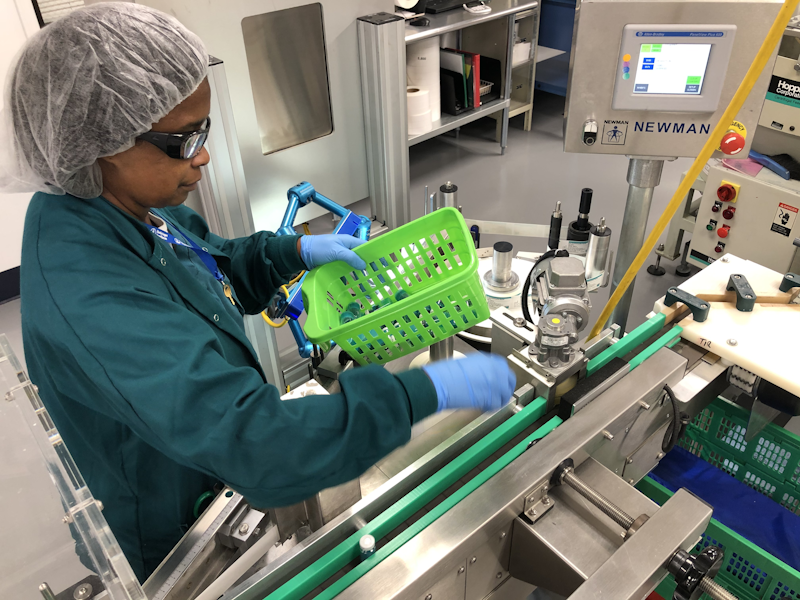
Food waste is a common phenomenon within households in Georgia. Indeed, in the era of overconsumption, people tend to buy a large quantity of products: fruits, vegetables, meats and other foodstuffs. After a while, food becomes moldy or reaches its expiration date. And presto, we’re going to throw them in the trash! Know that this innocuous gesture is a real financial loss. In addition, it accentuates the environmental problems linked to the management of household waste. Know that there are many tips to use proper waste management techniques to limit food waste at home.
Calculate the volume of products to purchase at shopping time
When shopping at the supermarket, we tend to buy a large quantity of products. Be careful, this habit promotes food waste, and does not promote recycling. Indeed, the small tribe does not always manage to consume all the provisions and we are already going to do the shopping again. Result: food products accumulate over time and end up in the trash at some point. This type of situation must be avoided to protect the environment. The trick is to establish a list of products to buy and the quantities needed before going shopping. The objective is to determine the exact consumption in order to reduce food waste at home.
In supermarkets, it’s difficult to resist the great discounts and promotions on this or that product. To take advantage of this attractive offer, we tend to make compulsive purchases and often in very large quantities. In most cases, these foodstuffs are thrown in the trash and cannot be reused.
Check the expiration date of products
When purchasing food products, you must carefully examine the Best Before Date or DLC of the food. This information “to be consumed until” is visible on the packaging. Once the expiration date has passed, food products should be thrown into the trash due to the risk of toxicity. So, pay attention! It should be noted that some foodstuffs are quickly perishable.
We can cite meats, cold meats, fish, seafood, unsterilized ready meals and dairy products. If you buy these products, it is wise to consume them very quickly to respect the indicated expiration date. Don’t hesitate to improvise a menu to use up leftovers in the fridge.
On the other hand, certain products are less perishable. They benefit from a Minimum Durability Date (DDM) with the mention “to be consumed preferably before”. This information means that it is still possible to consume the product beyond this period, provided that the packaging is intact. Storage of these foodstuffs over a long period is therefore possible. This is the case for pasta, rice, salt, pepper, aromatic herbs, powdered milk, puree, condiments packaged in cans, etc.
For fruits and vegetables, it is wise to buy fresh local products. These last for a long time, have a good taste and are full of valuable nutrients.
Store products properly
To avoid food waste, it is not necessary to go shopping every day. The trick is to stock up and store products well to avoid waste. Indeed, there are many preservation methods: refrigeration, freezing, pasteurization, using a clean, airtight container, etc. It should be noted that each food product has ideal preservation methods. For example, meats and dairy products should be refrigerated immediately after shopping. For fruit, it is possible to make compotes or even jams.
Despite following these tips, there are still some foodstuffs to throw in the trash? Please note that there are many ways to recycle this organic waste.
